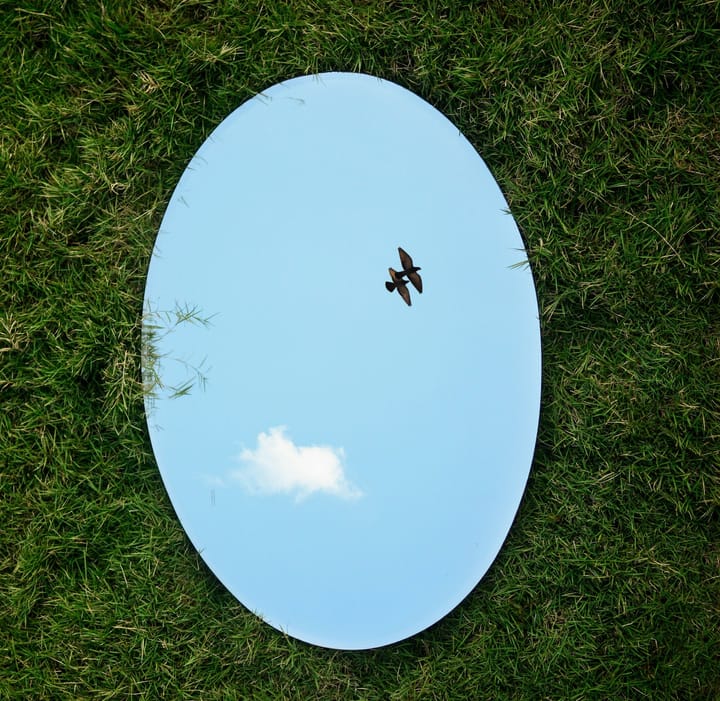Space week day 2: Safeguarding astronaut minds

As space missions extend into deep space, the psychological well-being of astronauts is just as vital as their physical and technical readiness.
Space exploration has progressed far beyond the moon landings of 1969, with plans for missions like a +1,000-day journey to Mars. Astronauts then face even year-long missions that significantly challenge the astronaut psyche.
Deep space travel exposes astronauts to extreme conditions that can harm both their bodies and minds. Brain function, immune health, and overall well-being are facing risks from inflammation and mitochondrial damage, as described in the previous post.
Besides the obvious dangers to life and health risks being in space, there are some main stressors on the human mind during space flight: Isolation, confined spaces, and the great distance from Earth.
This blog deals with some of the main things for an astronaut to ruminate about in outer space.
Not that much room in space
Confinement in small spaces for prolonged time is a stressor that affects human mental health. Astronauts are highly trained individuals, but they are still human.
It has been shown that isolation can have a direct effect on the Hippocampus, our main memory and learning area in the brain. Animal studies have shown that the stress of isolation disrupts the neuronal development in the hippocampus.
Also, the forced and very close co-existence of diverse people from various countries faced the astronauts with a range of cultural, political, linguistic, and religious differences that can also contribute to interpersonal problems, tension onboard, and psychological stress to the crew members.
Given these challenges, the spacecraft's habitability—its ability to function not only as a transport vessel but also as a home—is crucial for maintaining mental health during extended missions.
Not that many people either
Astronauts also face emotional distress as a result of sustained isolation periods. They are often cut off from the outside world for months, leading to emotional issues and potentially cognitive decline. The lack of social interaction and long periods without new stimuli can impact mental health.
In periods of isolation, diminished cognitive resilience, ranging from decreased drive and energy levels to passiveness, as well as an increase in anxiety symptoms, has been noted. In earlier space missions, where the focus on mental health onboard was less, some of the main mission problems were linked to the crew’s depression and continuing decline in mental health onboard.
The emotional changes experienced by astronauts may compromise not only their well-being but the safety of the other crew members and the flight in general.
Far, far away from home
Finally, the distance from Earth is another stress factor that may affect astronauts' mental and cognitive health.
While the Moon is about 238,900 miles away (a quick three-day journey), Mars lies roughly 140 million miles from Earth, requiring 7-9 months of travel - one way.
This extreme distance means astronauts are isolated for extended periods without immediate contact with loved ones or mission control on Earth. The psychological impact of this distance is not fully understood, but it is believed to potentially affect spatial orientation, memory, and overall mental health.
Solutions: Moving forward
Despite these challenges, ongoing research in space medicine and space psychology aims to develop effective countermeasures to protect astronauts’ mental health during extended missions. Emotional regulation training has emerged as a potential strategy for maintaining psychological health during long-term missions.
Historically, astronauts have relied on Earth-based psychologists for support via private communication channels. However, with the anticipated 30-minute communication delay between Earth and Mars, real-time support becomes impractical. Alternative methods, such as pre-recorded counseling sessions or AI-driven psychological support, are being explored.
Research conducted in isolated Earth environments, such as Antarctic research stations, offers valuable insights into coping mechanisms for long-term isolation. These environments serve as analogs for deep space missions, helping scientists understand brain changes and address the psychological effects of confinement and isolation.
As humanity prepares for long-duration missions to the Moon, Mars, and beyond, addressing the psychological well-being of astronauts is essential. Advancements in exercise routines, psychological support systems, and habitability design will be critical for mission success and the mental health of future space travelers.
About the scientific papers:
First author: Darcy Tocci, USA/Canada
Published in: Frontiers in Immunology. October 2024.
Link to paper: https://www.frontiersin.org/journals/immunology/articles/10.3389/fimmu.2024.1422864/full
First author: Alessandro Arone, Italy
Published in: Clinical Neuropsychiatry. October 2021
Link to paper: https://www.clinicalneuropsychiatry.org/download/the-burden-of-space-exploration-on-the-mental-health-of-astronauts-a-narrative-review/




Comments ()